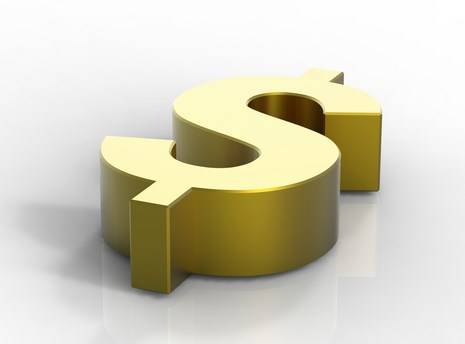Public revenue and expenditure is a complicated beast (which perhaps explains why so many governmental financial balances are in such a terrible state following the global financial crisis).
The theory however is simple; to get back to surplus (where the government have "money in the bank", so to speak), public saving must be greater than expenditure, but getting to a point where that can be done is more difficult than it sounds.

In order to get back to where things were, and in turn, back to surplus, governments are on one hand trying to increase available jobs and stimulate the economy, whilst on the other, crack down on those receiving benefits who in reality fit and able to work.
It would of course make sense to increase the amount of income tax people who are in work have to pay, but this is, naturally, not a popular move, and current governments do now want to harm their chances of reelection.